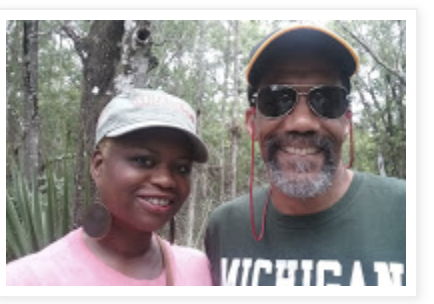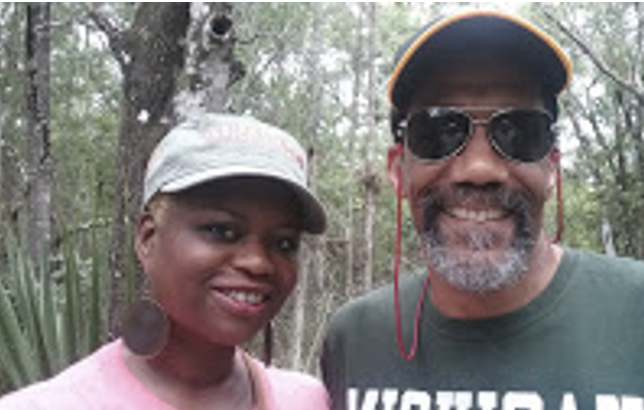Mark your territory and create a competitive advantage
In business, we can also point to the home field advantage. If for no other reason — but there are many more — the need to promote buying local as small businesses gradually resume operations after COVID-19 shutdowns could not be more critical.
We all "belong" to our respective hometowns. We all live, work and play on our distinctive "ball courts", or our unique neighborhoods and commercial districts.
Take our hometown of Cleveland Heights for example. The city has several commercial districts such as Cedar Lee, Cedar Fairmount and Coventry Village. They all have unique characteristics and qualities. We suggest that a small business enterprise can enjoy a competitive edge — especially over its much larger counterparts — by claiming its territory. Literally. Here are three ways to market local.
1.Own your territory. Concentrate on the local trade area and develop marketing messaging that recognizes the community attributes that make the business offerings unique AND part of the community – whether it’s community attitude, history, landmark, reputation, schools, issues, etc.
2.Get involved and be seen in the community. Talk is easy, so walk the walk too. When you do consistently, customers will recognize you as one of the local good guys – something larger competitors will never be able to achieve. Pick your spots but avoid trying to be involved everywhere. The spots for you will help amplify your voice among your primary target audiences.
3.Mark your territory. The larger competitors (especially national retail and restaurant chains) are typically limited to a fixed brand identity and tactical deployment template. They’re big-picture and slow to identify and act on local community issues that may be high on the minds of your “neighborhood customer.” As a smaller, local operator, there’s nothing wrong with “marking your territory” with physical identifiers: colors, flags or banners, a symbol or logo, etc. And while you’re showing, tell current and potential customers in your trade area who you are, what your business stands for (CRUCIAL – do more than talk about it, be about it with groups that fit your primary target market segments), and the value proposition of your business.
We call this local area marketing — and where appropriate, it's quite effective as a strategy to guide marketing and sales plans. While retail may come to mind first, there are plenty of B2B businesses where this fits too. AND, this is effective for gaining — and defending — sales. Why not identify those qualities and values that make your district or neighborhood unique?
Own them and communicate those qualities and values within marketing messages to current and potential customers.
When it comes to local marketing, it's easier and more economical to acquire and defend sales close to home.
After all, we're sure even LeBron James will admit a layup is easier than a 3-pointer.
• • •• • •

Founded in 1987, Dorsey & Company Strategic Consultants to Management is a carefully assembled group of more than 50 associates who offer a wide range of marketing expertise to thoughtfully approach every engagement according to its unique competitive and marketing challenges and requirements. The Dorsey & Company approach has consistently yielded favorable results for leading clients in automotive, energy, utility, branded and consumer goods, retail, higher education, telecommunication, government and nonprofit, financial and professional services, health and pharmaceutical, and other industries. Visit here to learn more about Dorsey & Company.














